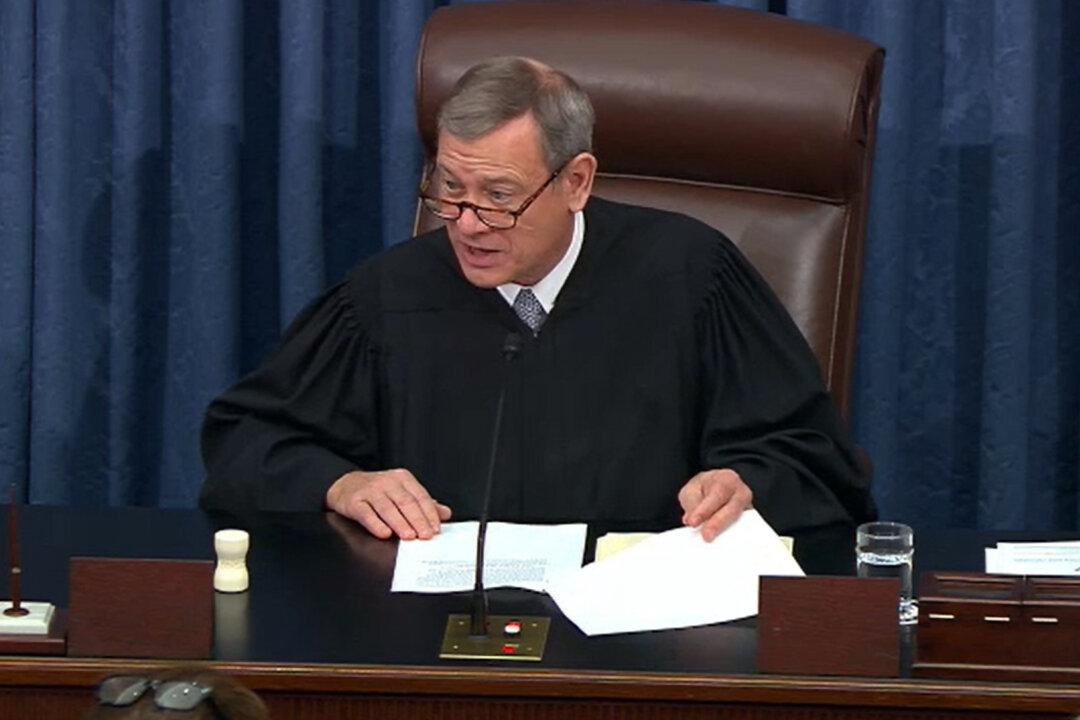Commentary
Once again, Chief Justice John Roberts has angered and frustrated conservatives by throwing his lot in with the Supreme Court’s four ultra-liberal justices in a case of paramount moral and political importance.

Once again, Chief Justice John Roberts has angered and frustrated conservatives by throwing his lot in with the Supreme Court’s four ultra-liberal justices in a case of paramount moral and political importance.